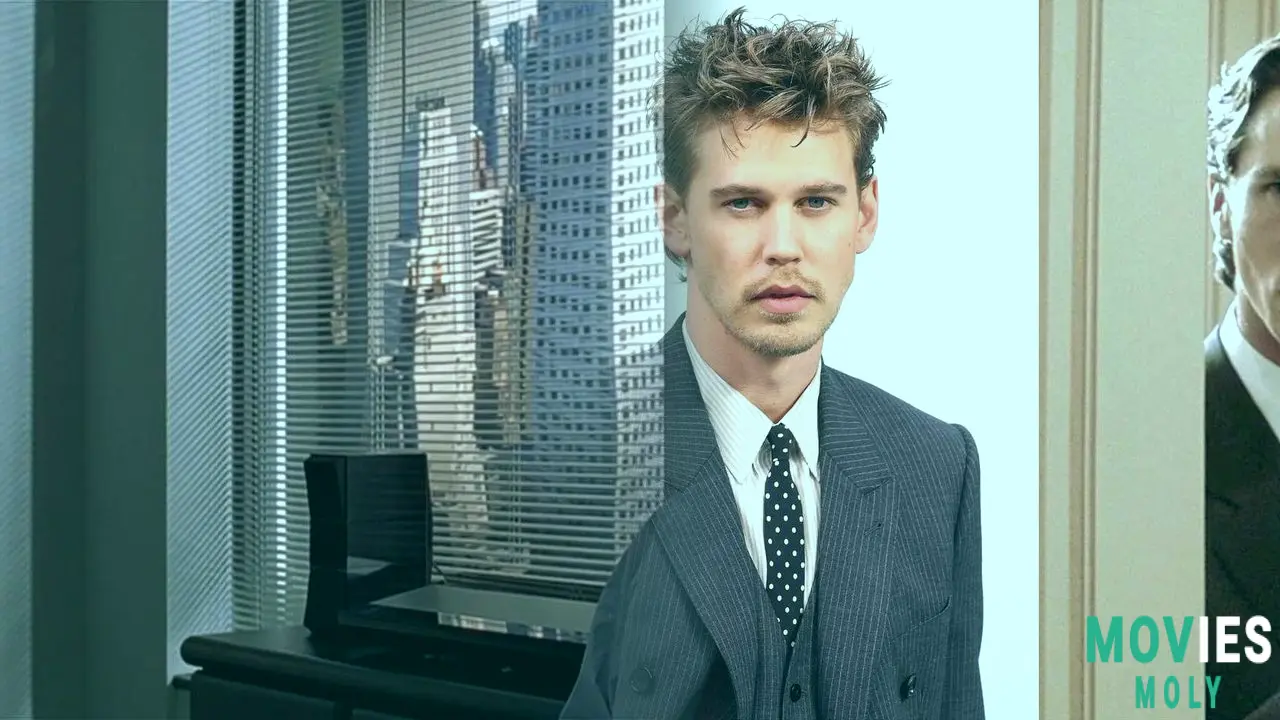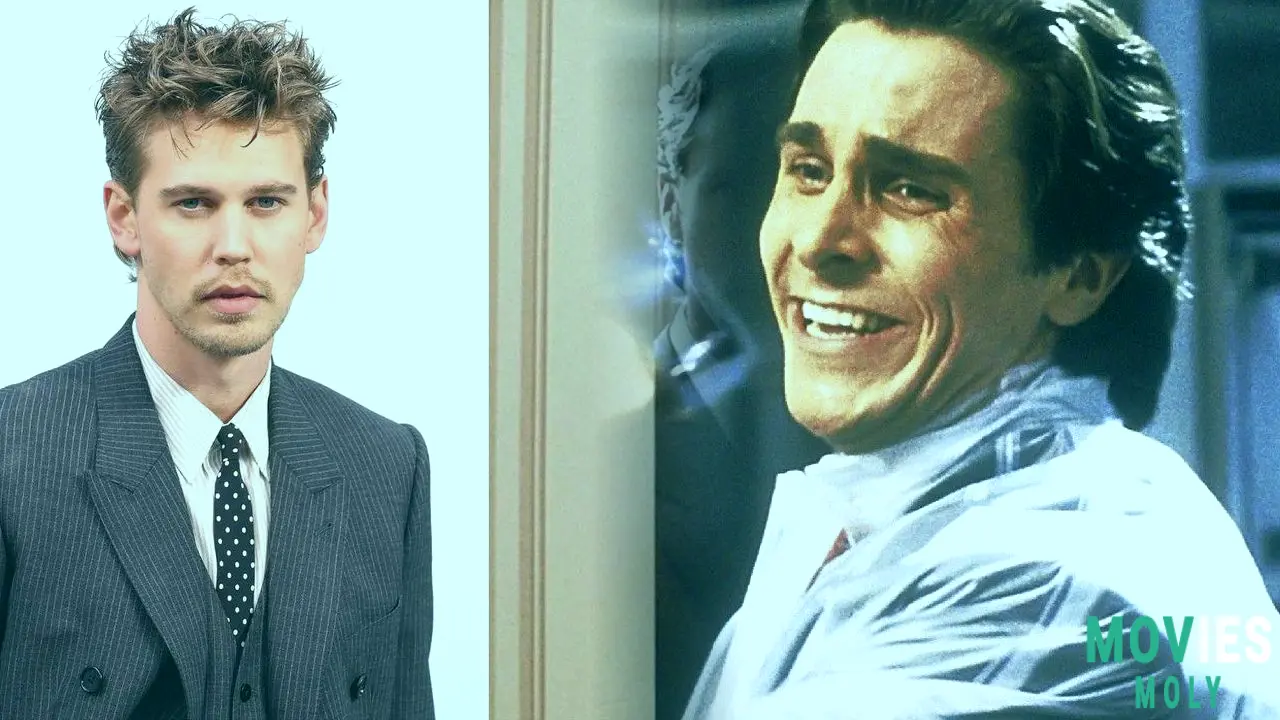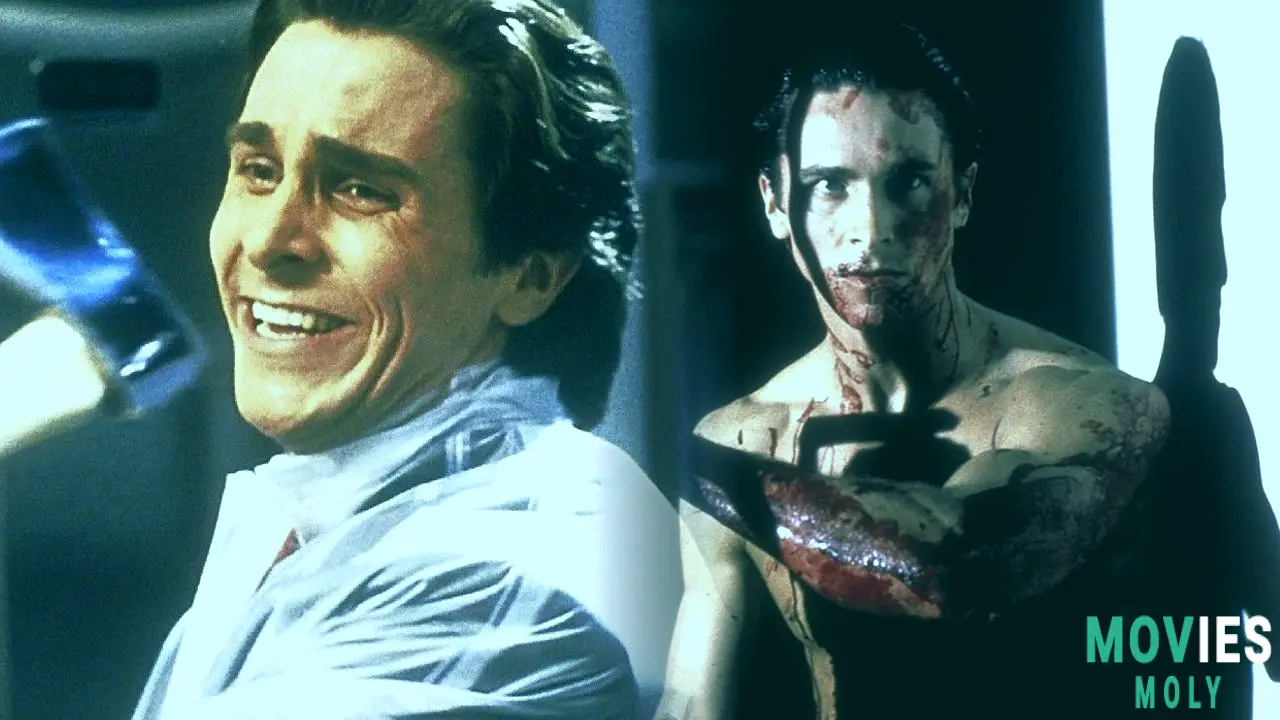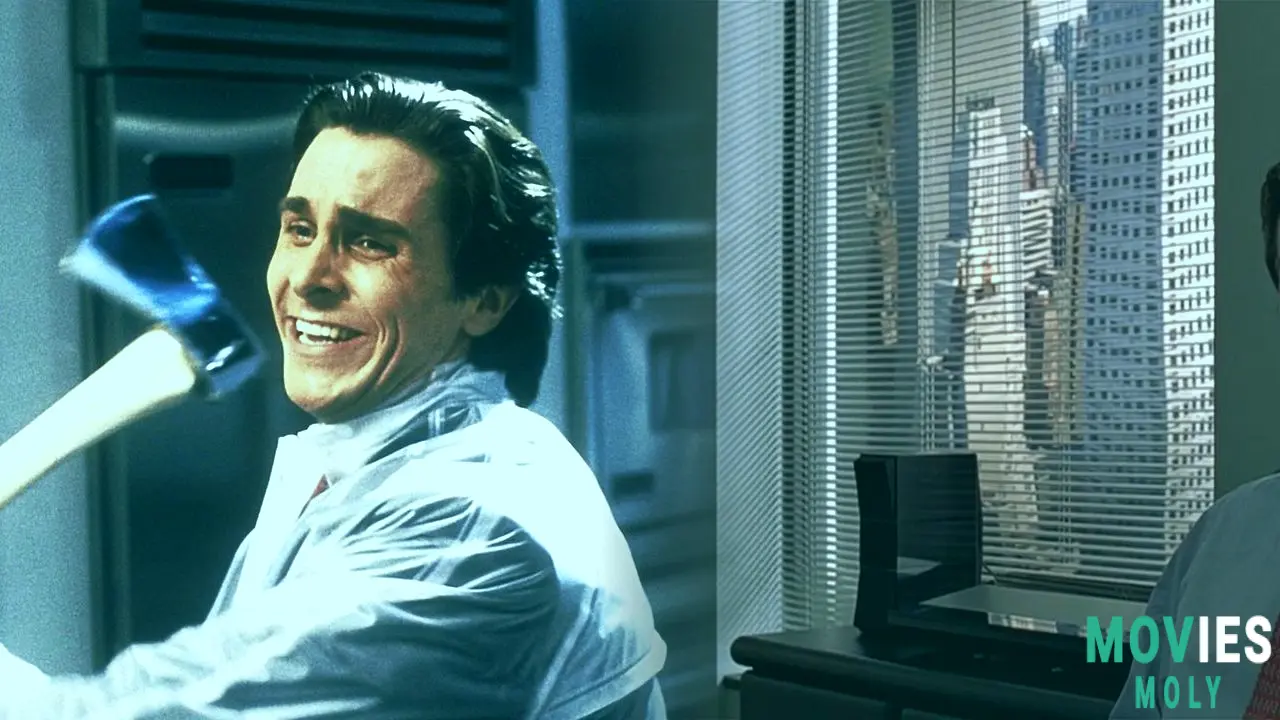By Nicolas Ayala
The shadow of Christian Bale’s Patrick Bateman looms larger than ever—25 years after the release of American Psycho, the cult classic is back in the conversation, not through a sequel, but a brand-new adaptation. And while Bale won’t be reprising the role, the mere mention of his name by the original cast and crew underscores just how indelible his performance has become in the superhero- and genre-savvy zeitgeist.
Why Christian Bale’s Bateman Performance Remains the Gold StandardWhen Lionsgate announced director Luca Guadagnino’s plans to helm a new take on Bret Easton Ellis’ novel—this time with a script by Scott Z. Burns—the industry buzzed not just about the director, but about who might step into the blood-stained loafers of Bateman. Rumors about Austin Butler circling the role have ignited debate, but it's not just about casting choices. It's about the legacy they’re trying to match—or redefine.
“They have their work cut out for them,” said Matt Ross, who played one of Bateman’s office drone victims in the 2000 film and spoke with The Hollywood Reporter. His words weren’t meant to discourage; they were a recognition of the towering cultural imprint Bale’s portrayal left. Bateman wasn’t just a yuppie with a dark side—under Bale’s control, he became a mirror reflecting the absurdity, superficiality, and latent violence of an era.
Christian Bale transformed a character many thought unfilmable into an icon. His Bateman was precise, charming, unhinged, and eerily composed. Every smirk, monologue, and axe swing was calibrated to expose the rot beneath the designer suits. It's a performance that doesn't just survive time—it thrives on it.
Not a Remake, But a Reimagination: The Challenge of Revisiting a Cult Classic

Guadagnino’s American Psycho isn’t aiming to retread old ground. As the director himself stated during Lionsgate’s CinemaCon presentation, this is a “new adaptation” inspired directly by Ellis’ novel, not Mary Harron’s screenplay. That distinction is crucial. It’s the difference between echoing Bale’s Bateman and creating a new character who stands alongside him.
Still, the comparisons are inevitable. And that’s where casting speculation—like Kerry Barden’s comment about Butler being “too beautiful” for Bateman and better suited for Paul Allen’s role—adds another layer to the conversation. Barden, who cast the original film, noted that Bateman’s unsettling normalcy contrasted sharply with Allen’s almost ethereal attractiveness. It’s a subtle but powerful dynamic that Bale and Leto nailed in the original.
Whether Butler ends up carving his own path as Bateman or as Allen, the question remains: how do you create a Bateman for the 2020s without simply imitating the 2000s? And more importantly, how do you make it resonate with a generation that discovered Bale’s Bateman through meme culture as much as through midnight screenings?
Christian Bale’s Role in the Evolution of Genre and Character-Driven Films

What makes this moment especially poignant for fans of Bale is how his career has intersected with genre-defining roles. From American Psycho to The Dark Knight Trilogy, Bale has a unique foothold in both the psychological and the heroic. Bateman and Batman are worlds apart, yet both performances delve into identity, madness, and morality in strikingly different ways.
Bale’s Bateman wasn’t a hero or villain in the traditional sense—he was an anti-hero of societal critique. His performance gave a still-forming comic and genre culture a blueprint: you don’t need superpowers to explore chaos. You just need a sharp performance and a keen understanding of what your character represents.
As Hollywood circles back to Ellis’ work, it's clear that Bale’s Bateman isn't just a reference point—he's a foundation. A base camp for anyone daring to climb the same psychological mountain. And that’s the most exciting thing about Guadagnino’s project: it’s not trying to topple Bale’s Bateman. It’s aiming to stand next to him.
The Excitement Isn’t in Replacing Bateman, But in Finding a New One

Alessandro Camon, co-producer of the original film, put it best: “Of course, Laurence Olivier is the Hamlet, but it’s not about, ‘How do I better Laurence Olivier?’ It’s about, ‘How do I find my own Hamlet?’” That’s the promise of this new American Psycho. Not to outshine Bale, but to offer a new lens through which to view Bateman’s world—a world that remains disturbingly relevant.
For fans of Bale, Ellis, and genre cinema alike, this isn’t just about casting. It’s about legacy, evolution, and the power of performance. And as the Bateman role continues to echo through Hollywood, one thing is clear: Christian Bale didn’t just play Patrick Bateman. He immortalized him.




